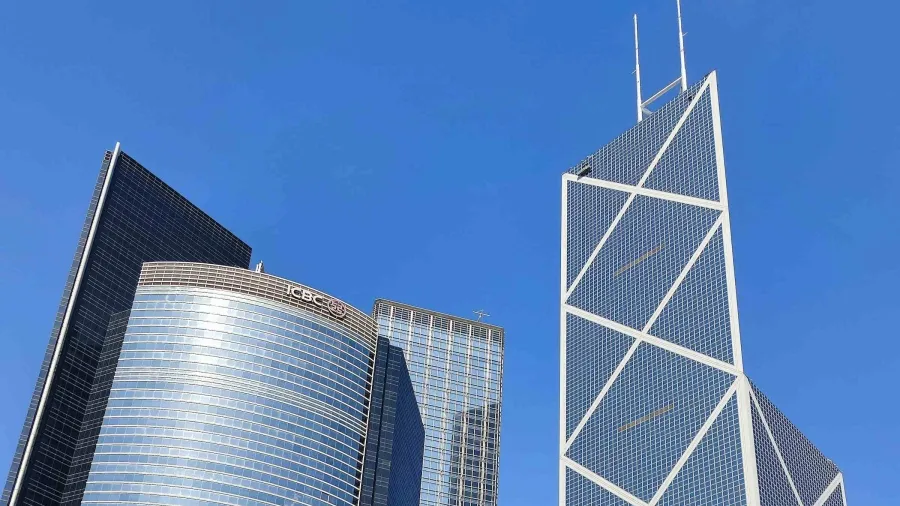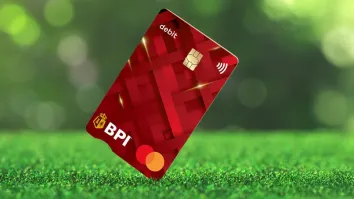China's “matryoshka” approach for debt-to-equity swaps could be good for banks, but bad for investors
By Alicia Garcia Herrero and Gary NgChinese banks seem to have made meaningful progress in the resolution of problem loans. The aggregate amount of the announced debt-to-equity (D/E) swaps has reached 1 RMB trillion, to 19.5% of problem loans by the end of 2017. However, words are louder than actions as only 15.7% of the total announced D/E swaps have been executed. Banks clearly need to move faster in their cleanup and Chinese regulators are not only aware but also increasingly supportive. To this end, the big five banks have established their own asset management companies (AMCs) to help carry out debt-to- equity swaps. The way in which banks and their asset management companies will operate for the loan cleanup was clarified in a new guideline jointly published by regulators last January.
The aim of regulators has been to fence banks from holding the equity of loss-making SOEs directly and move that equity via the D/E swaps to other investors or, at least to leave it to nonbank financial institutions such as asset management companies, including the new ones created by banks themselves. In addition, with these new rules, a new important actor can also cooperate in the cleanup process, namely the private equity funds since they will be allowed to reinvest their funding from wealth management products into D/E swaps. The scope of D/E swaps has also been extended beyond corporate loans to some shadow banking products, such as entrusted loans.
Forgetting for a moment the issue of implementation, D/E swaps are great for banks for a very simple reason. Banks can stay out of the picture once the D/E swaps are carried out. This is because banks retain only a minority share of the total amount distributed. Other shareholders are insurers, asset management companies and, most importantly, the so-called “state-owned funds”.
However, banks’ limited exposure on the surface looks much bigger when digging into who are the key shareholders of such “state-owned funds”. A large portion of capital in the state-owned funds participating in D/E swaps is in the hands of state-owned banks, together with cash-rich state-owned enterprises (SOEs). This means that problem loans are being relabeled outside of the loan book and reallocated both inside and outside the banking system. The difference for banks, though, is massive, as even the part they own through their participation in the state-owned funds is not as expensive in terms of capital use since it does not consolidate. In other words, the regulatory burden of holding bad assets (both in terms of capital and provisioning) is lifted. In a nutshell, the way in which D/E swaps work in China allow banks to offload their stressed assets at a very low cost.
IT should be noted that not all banks are benefiting from this generous clean-up mechanism. Actually, so far only state-owned banks can do so, which gives them a comparative advantage compared to the rest of banks operating in China. Perhaps, once the implementation of D/E swaps becomes smoother with the help from the rest of the financial system, medium-and-small sized banks could be more involved, but this is not the case yet. In the same vein, the targeted corporates are state-owned and mainly in overcapacity industries whilst privately-owned leveraged companies are not yet benefitting from this restructuring device.
In a nutshell, D/E swaps are helping banks offload the stressed assets at a very low cost thanks to the Chinese government’s “matryoshka” approach to the cleanup of banks with D/E swaps. It is a lovely restructuring solution for bank but probably less so for the rest of final investors.




















 Advertise
Advertise










